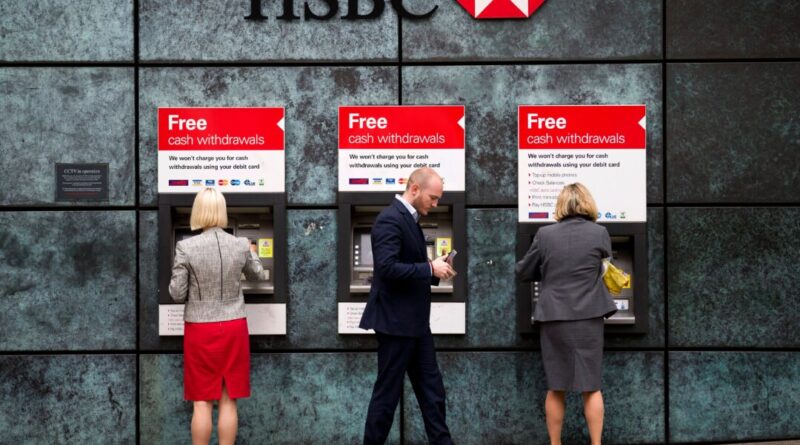US Financial Giants Abandon Climate Finance Coalition as HSBC Postpones Net-Zero Goal by Two Decades
HSBC mentioned that it has revised its net zero ambition to align with the most current best practice guidance.
HSBC has postponed its target of achieving net-zero carbon emissions across its operations and supply chain from 2030 to 2050, due to slower progress in the broader economy.
The bank clarified that its original 2030 target relied on using carbon credits to offset supply chain emissions, a method no longer supported by recent guidance from the Science Based Targets Initiative (SBTi), an organization assessing corporate climate objectives.
“As such, we have reevaluated this ambition in light of the most current best practice guidance,” the bank explained.
Julian Wentzel, HSBC’s chief sustainability officer, acknowledged the challenges faced by companies in transitioning to more sustainable practices.
He also suggested that while HSBC would take a more cautious approach to lending in the oil and gas sector, the revised target did not necessarily signal significant changes in financing strategies for specific industries.
HSBC’s review of its net zero transition plan update will be made public in the second half of 2025.
Net Zero and Remuneration
The delay in HSBC’s net-zero timeline reflects a broader trend of financial institutions modifying aspects of their approach to net zero.
Instead of linking sustainability goals to yearly bonuses, the banks will now include them in long-term share-based incentive plans. This change better reflects their long-term climate objectives and avoids the volatility of short-term targets.
Critics have raised concerns about HSBC’s decision, including Zahra Hdidou, senior climate and resilience advisor at ActionAid UK, who described the shift to 2050 as “deeply concerning.”
She added, “Despite claiming to be ‘the world’s local bank,’ HSBC appears to be prioritizing profit margins and internal agendas over environmental and human rights considerations. The bank can no longer ignore the environmental and social harm it is perpetuating,” and called on the bank to reverse the delay before its annual general meeting in May.
Net-Zero Banking Alliance Under Pressure
HSBC’s announcement comes in the midst of increasing pressure on the Net-Zero Banking Alliance (NZBA), a group of banks committed to aligning their lending and investment portfolios with net-zero emissions by 2050.
Conversely, 81 of its members are based in Europe, with 12 UK banks like NatWest and Barclays among them.
Regarding the departure of U.S. banks from the NZBA, Jeanne Martin, head of the banking program at ShareAction, commented, “While it’s concerning that some U.S. banks are signaling that climate change is less of a priority, the NZBA Secretariat should view their exit as an opportunity to collaborate with remaining members to establish more ambitious industry standards, forming a coalition of firms dedicated to the cause.”
She suggested that the absence of U.S. banks could create space for regulators to implement more ambitious climate policies.
The European Union (EU) continues to uphold its renewable energy policies and binding commitments to becoming the first climate-neutral continent by 2050.
In contrast, the U.S. energy policy under President Donald Trump emphasizes domestic drilling and increased liquid natural gas exports to Europe, potentially impacting the EU’s ambitious net-zero objectives.
The greater supply of U.S. fossil fuels to Europe could hinder European banks and businesses from fully transitioning to renewable energy sources.
PA media contributed to this report.





